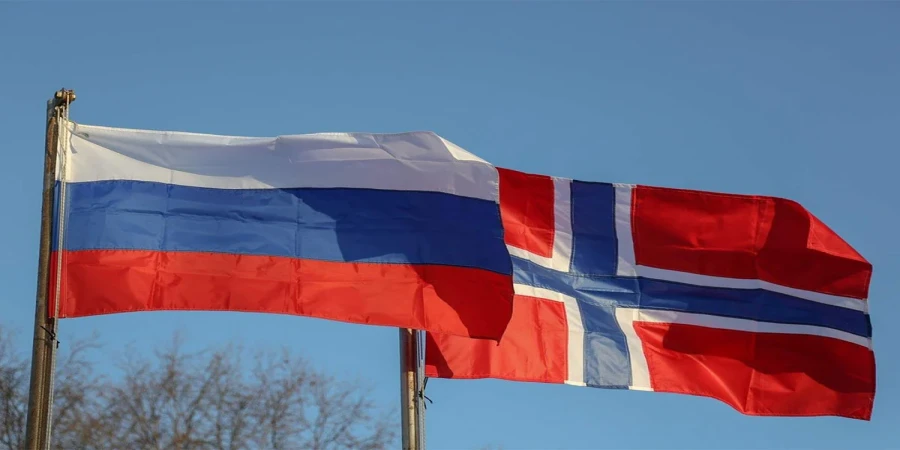
ছবি: Photo: Collected
Starlink, the non-geostationary satellite service provider, has officially been granted a license to operate in Bangladesh. Chief Advisor Professor Muhammad Yunus approved the license on Monday, April 28. The move marks a significant milestone for Bangladesh, making it the second country in South Asia after Sri Lanka to welcome the global satellite internet provider.
Earlier, on March 25, the Bangladesh Telecommunication Regulatory Commission (BTRC) issued the licensing guidelines titled "Non-Geostationary Orbit (NGSO) Satellite Services Operator in Bangladesh." In accordance with these guidelines, Starlink Services Bangladesh applied for the NGSO Satellite Services Operator License, submitting all required documents and applicable fees. The 294th Commission Meeting of BTRC, held on April 21, granted policy approval to issue the license in favor of Starlink.
The arrival of Starlink introduces a new chapter for internet connectivity in Bangladesh. Speaking about the development, Faiz Ahmad Tayyab, Special Assistant to the Chief Advisor on Posts, Telecommunications, and Information Technology Affairs, stated that bringing Starlink to Bangladesh was in part a response to public demand following frequent internet shutdowns during the July uprising against the autocratic Sheikh Hasina government.
He explained that the Chief Advisor also aimed to send a message positioning Bangladesh as an investment-friendly destination. Given the ongoing challenge of delivering consistent and high-quality internet services to remote areas such as haors, wetlands, islands, hilly terrains, and cyclone-prone coastal zones—places where fiber optic networks have yet to reach—the Chief Advisor personally contacted SpaceX CEO Elon Musk, urging him to initiate Starlink operations in Bangladesh within 90 days. A coordinated effort among BIDA, BTRC, the Ministry of Posts, Telecommunications and Information Technology, and the Chief Advisor’s Office made this accelerated process possible.
Tayyab highlighted that one of Starlink’s key services will be providing uninterrupted high-speed internet. Unlike conventional ISPs, where internet access can be disrupted immediately during power outages, Starlink’s satellite system will ensure continuous connectivity. In scenarios where long power cuts outlast mobile tower battery backups, resulting in disrupted mobile internet, Starlink’s system will remain unaffected.
He further pointed out that Bangladesh’s fiber optic network is still limited and much of the existing network does not meet telco-grade standards. Currently, around 65 percent of the country’s telecommunications towers lack fiberization and rely on microwave links, which have restricted capacity. In addition, Bangladesh’s mobile networks still face challenges in terms of coverage and capacity, particularly along highways. Starlink is expected to bridge these significant gaps in infrastructure.
Tayyab also mentioned that Starlink’s entry would inject competitiveness into the mobile and broadband internet markets. Traditional voice call and data bundle-based services are expected to evolve into more dynamic, digital service-driven models as a result of Starlink's influence.
Finally, he emphasized that Starlink’s services would trigger a wave of deregulation in the communication industry, increase competition, and ensure that residents in both urban and rural areas gain access to seamless, high-quality, high-speed internet.
repoter






